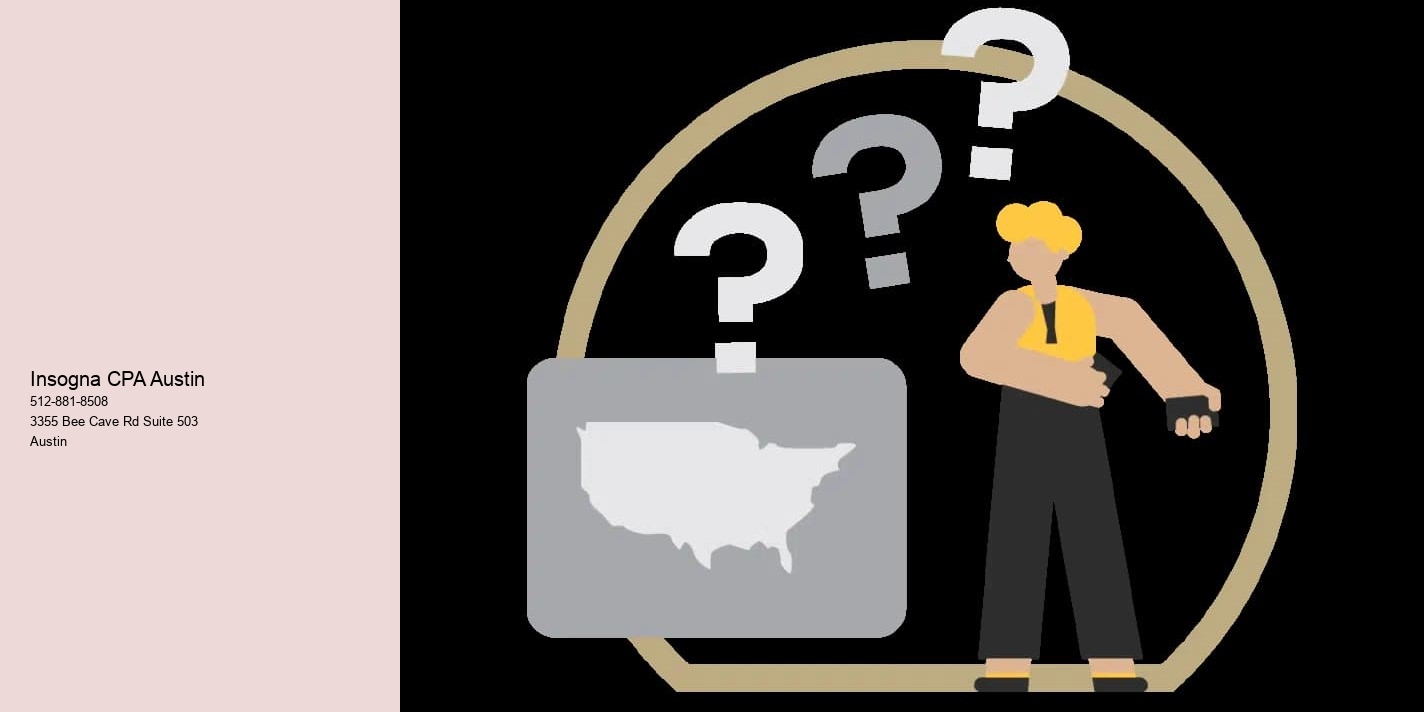
Tax Relief for Cannabis Businesses in Austin, Texas
Strategic Planning
Your accountant is likely just a short drive away, so you can easily visit their office to go over documents and ask questions in person. This involves understanding a client’s financial situation in detail and planning throughout the year, not just at tax time, to minimize tax liabilities.
Tax Relief for Cannabis Businesses in Austin, Texas - Data analysis
- Pros and Cons of Bookkeeping
- Innocent spouse relief
- Business Owners
Sustainable Tax Strategies: CPAs focus on creating sustainable tax strategies that stand up to regulatory scrutiny and align with the overall financial goals and ethical standards of the client. Here are key factors to consider when selecting a CPA. Creating and monitoring an effective budget is crucial for financial success.
They help evaluate the terms of loans and lines of credit to ensure they align with your business’s financial goals. Austin CPA at Insogna CPA . Customized Service: Unlike larger firms, small businesses often need personalized service, which CPAs are well-equipped to provide. Ask the tax accountant about their experience, and don't be afraid to ask for references.
If an accountant promises to get you a huge tax refund or to help you avoid paying any taxes at all, this should be a red flag. They will expertly prepare your business taxes, financial statements, and government filings in full compliance with all current federal, state, and local laws. Tax professionals like the ones at InSogna CPA will go through your current financial situation and create a strategic plan to minimize your tax liabilities while maximizing your financial gains.




